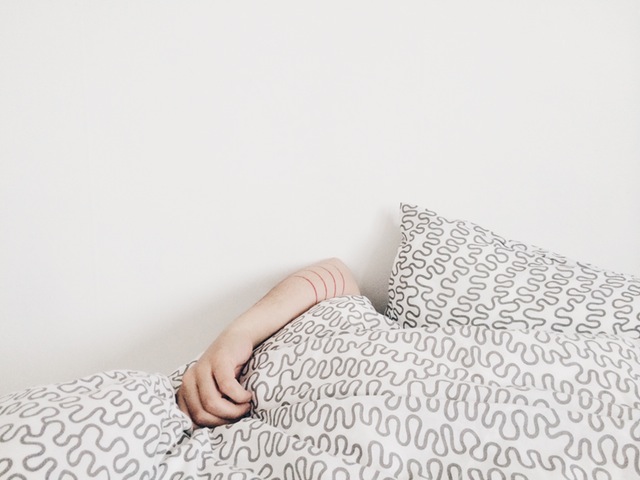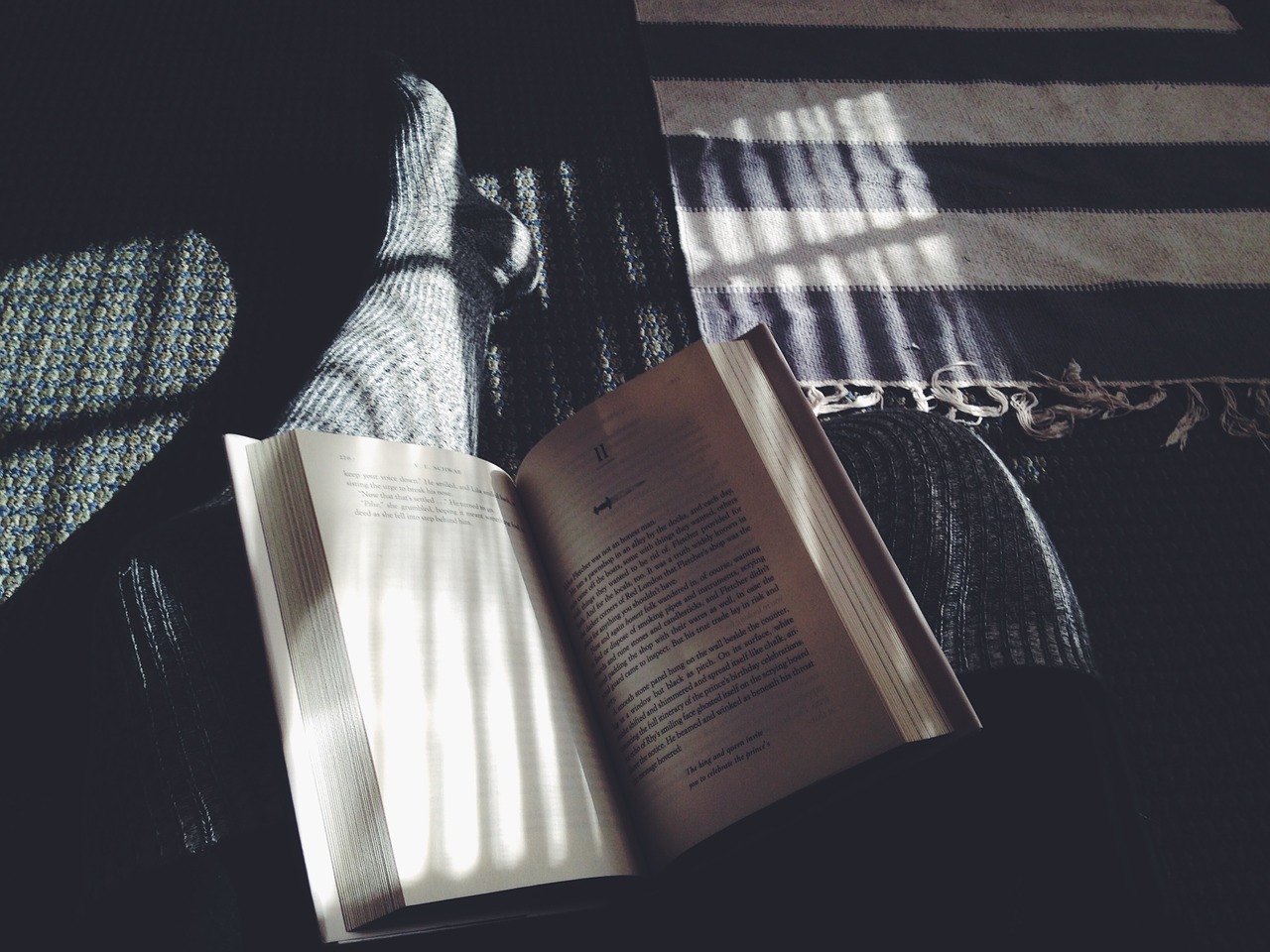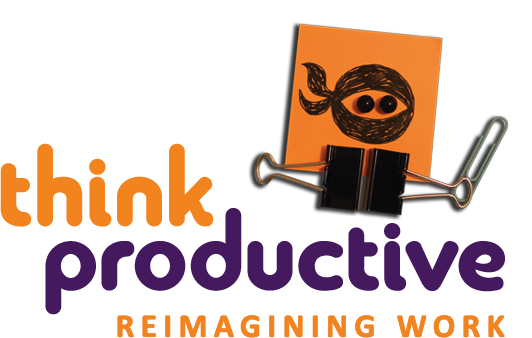How much sleep is enough?
It is a simple fact that we spend roughly a third of our lives asleep. But we all know the feeling of tossing and turning in the early hours. Then not being able to get to sleep even though we desperately want to. This is followed by a day or two of feeling lethargic. Even with the best Productivity Ninja Training, we can find it hard to stay focused in the daytime.
There are many studies out there which suggest techniques to get more, and better quality, sleep. Most studies, including Slumber Secrets’ research, suggest that adults, up to the age of 64, should aim for anything between 7 and 9 hours of sleep a night. For many of us good intentions to get to bed on time are just that, good intentions. We understand the importance of sleep for personal productivity, and how difficult it can be to form the right habits. So we asked one of our Productivity Ninjas, Matthew, to share some of his techniques for improving the quality and quantity of sleep:

“A few years ago, I shared a flat with a beautiful French girl called Celine. Her natural Gallic grace was only outweighed by her almost total inability to go to bed on time, and to get up on time the next day. At weekends, she would go out, get to bed at 4 or 5 A.M., and wake at midday. Repeating this pattern on Friday and Saturday nights, on Monday she would resemble a Zombie! – low functioning, dopey, physically in the office, but not useful in the office. She had, in effect, given herself jet-lag over the weekend with her erratic sleep patterns. Inevitably she paid the price over Monday and Tuesday.
This got me thinking about the science of sleep. It turns out that there is an area of study called “Sleep Hygiene”. The idea is that we can adopt a series of habits, tips and techniques that enable us to sleep less – and sleep better. This helps us to be at our most productive and creative during the day. In essence, sleeping Ninja-style to benefit our busy days!
I long ago adopted the practice of Sleep Hygiene, and recommend to you the following Top Five Productivity Ninja Tips:
1) Fix a Bedtime and a Waking Time (AND STICK TO THEM!).
Of course, this is not always possible, but if your time of going to bed varies by + or – two hours, and your time of waking varies by the same margin, you are giving yourself miniature, irregular, unnecessary bouts of jet-lag. I aim to be in bed by 11PM and up by 6 a.m. Social demands may pull this out of shape, of course, but I find that when I stick to this timing my productivity and creativity the following day are tip-top.

2) Exercise Regularly, (but not right before bed).
The demands of our busy working lives often make us demote daily exercise to the bottom of the to-do list. In my experience, this is a mistake. I aim to cycle for 30 minutes first thing in the morning. I find that, if I skip this activity for whatever reason, my sleep suffers. Even twenty minutes exercise a day can make a big difference.
[vc_cta h2=”Did someone say exercising?” txt_align=”center” color=”violet” add_button=”bottom” btn_title=”Start Exercising More” btn_color=”warning” btn_align=”center” btn_link=”url:https%3A%2F%2Fthinkproductive.com.au%2Fuse-your-office-to-work-out%2F||target:%20_blank|”]Can’t seem to fit in exercising into your normal day-to-day routine? Here are some exercise ideas everyone will be able to fit into their work schedule, including some easy-to-follow exercises for the office.[/vc_cta]
3) Don’t Take Your Worries to Bed.
Some people like to mull things over – solo or with a partner – in the evening. I find that this generates “repetitive loop” type thinking that blocks sleep. I rarely work after 6pm, and I don’t give thought to “worry” matters after that time. As a result my head hits the pillow empty, rather than full of anxiety. So try to set a clear deadline to stop discussing, thinking about, or worrying about work every evening. Make a conscious switch to a leisure activity. If something does come to your mind just as you’re ready to fall asleep, have a pen and paper nearby so you can note it down. You can pick it up the next day without having to worry about it all night, or worry about remembering it the next day.
4) Reserve the Bed for Sleep and Sex.
Some people like to eat, watch TV and do a range of strange activities in bed. I believe the body and brain like clearer messages and simple associations. Sleep and sex. Reading, perhaps, before sleep. That’s it. By the way, television in the bedroom is an absolutely terrible idea.

5) Establish a Pre-Sleep Ritual.
This is important. Again, this is not always possible, but twenty minutes reading before bed, a hot (caffeine free) drink, or whatever low key activity works best for you, signals to the body that sleep is imminent. Keep it consistent, but skipping it once or twice won’t break your new habit.”
Sleep Hygiene is a neat way of minimizing the stress and difficulty sometimes associated with our nocturnal hours. As Productivity Ninjas we know that if we use those hours well, we can ensure that we maximize the productivity of our daylight hours.
By Matthew Brown, with contributions from Richard Green.
Matthew is Think Productive UK’s Productivity Ninja for London and the South East. Richard is the Chief Financial Officer for Think Productive North America
[vc_cta h2=”Before You Go… ” txt_align=”center” color=”violet” add_button=”bottom” btn_title=”Time for Attention Management ” btn_color=”warning” btn_align=”center” btn_link=”url:https%3A%2F%2Fthinkproductive.com.au%2Fproductivity-workshops%2Fin-house-workshops%2Fthe-way-of-the-productivity-ninja%2F||target:%20_blank|”]Feel like you’re getting more than enough sleep but you seem to still be struggling with staying focused throughout the day? It might be more about your attention management… and guess what? We can help! Check out our full day Time Management Workshop and improve your whole team’s productivity and wellbeing.[/vc_cta]
